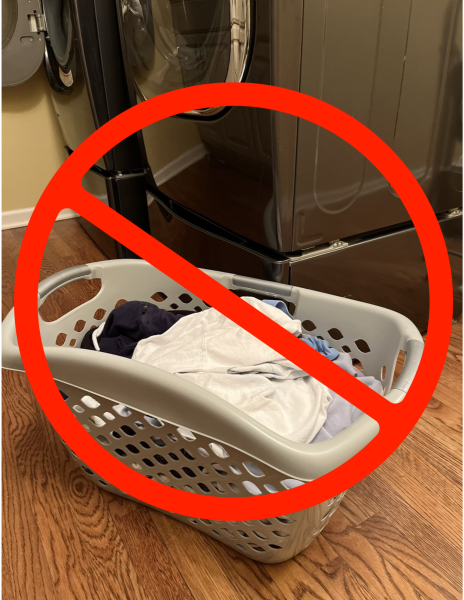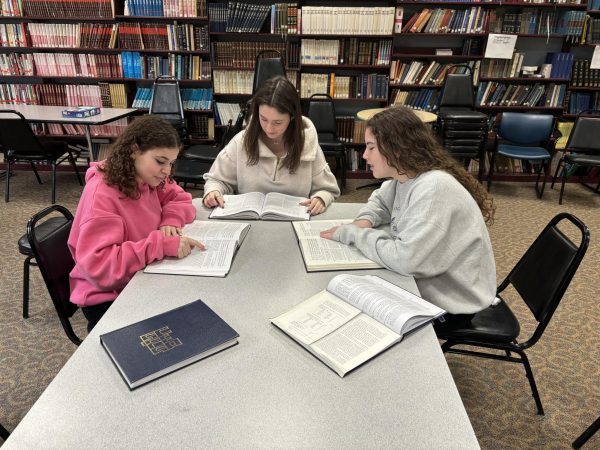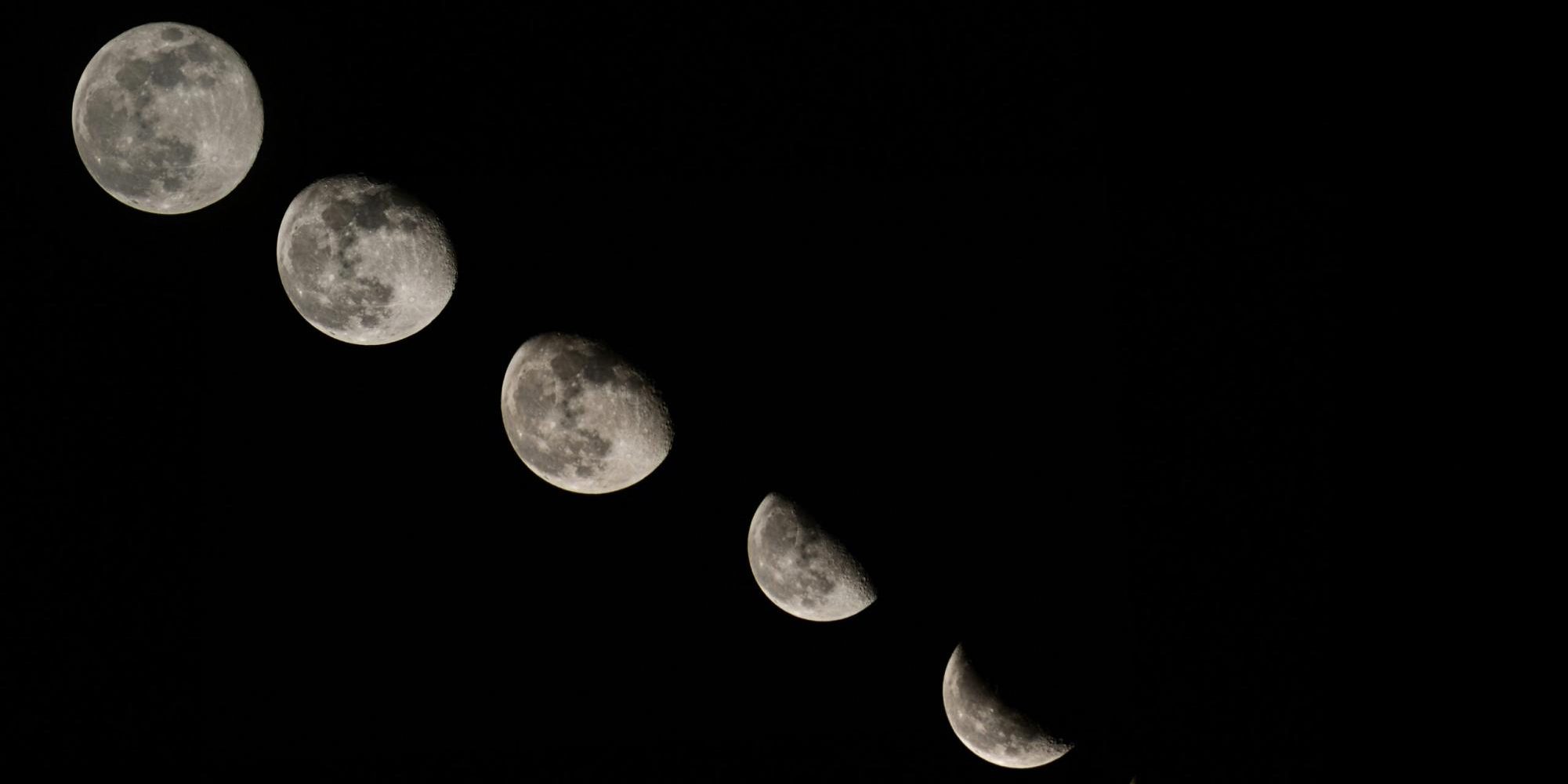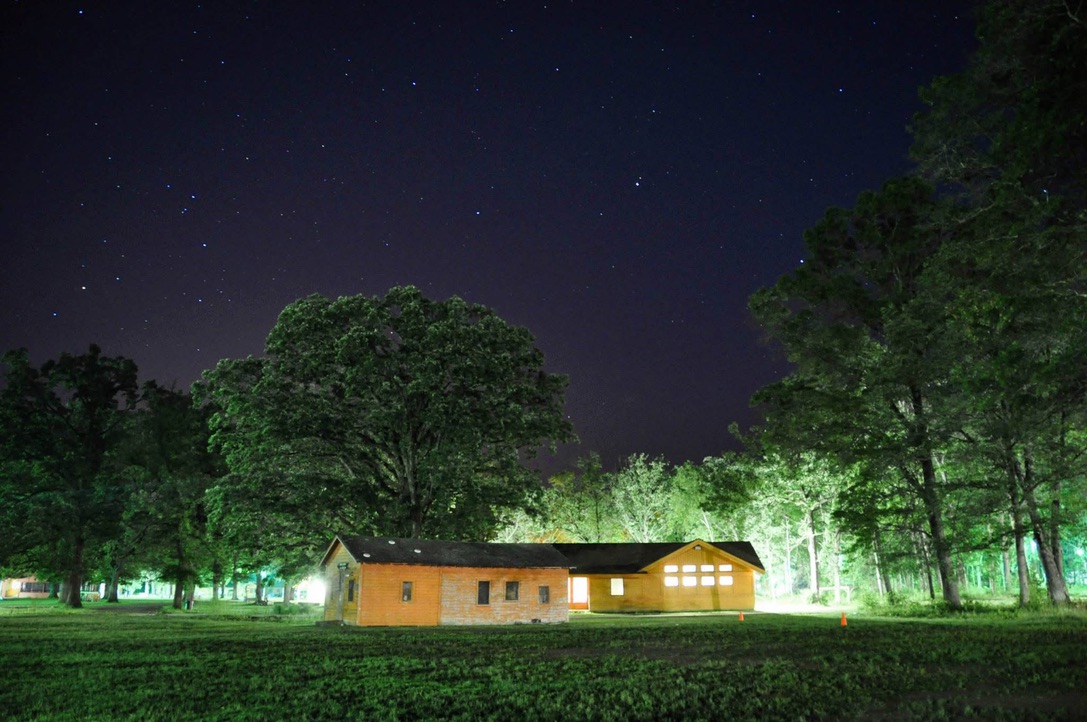Rosh Chodesh is a Jewish holiday celebrating the beginning of the month. Rosh Chodesh has many connections to the female body and to women as a whole. Because of that connection, it is gifted as a holiday for the women in Judaism.
The start of Rosh Chodesh being considered a holiday for women was during the creation of the Golden Calf. The Jewish women refused to give up their jewelry to create the idol. As a result, the monthly holiday of Rosh Chodesh was gifted to all females.
According to the Rebbe (Rabbi Menachem M. Schneerson), the women refused to help create the idol because their faith was stronger than that of the men. The Rebbe says further that women are always the people with stronger faith, and they pass it on to their children.
Chana Weisberg said, in a Chabad.org article, “Women share a special relationship with the moon,” according to Kabbalistic teachings. Having a connection with the moon gives women the right to have a connection to Rosh Chodesh.
Along with every holiday, Rosh Chodesh has its own set of customs. On Rosh Chodesh, some women don’t work. Depending on their community, and/or family traditions, some women don’t participate in household chores. In Western Europe from the 16th century through the beginning of the 20th century, women would write personal Rosh Chodesh prayers in Yiddish.

Feminism has risen so much in the last few decades, and with that Jewish females have gone back to their previous traditions of celebrating Rosh Chodesh as a female holiday.
Esther Friedman shares, “Our tradition, which is Chabad, is that women do not do certain work. We don’t do laundry, we don’t iron, because it’s [our] holiday.” Many non-Chabad Jewish women have traditions of their own, like wearing new clothes on Rosh Chodesh.
Over the past couple of decades, monthly learning groups have begun. “We have had Rosh Chodesh groups start everywhere,” Friedman says, “[We] want something that says ‘I am a woman.’” Jewish women learn about the qualities of the month ahead and the upcoming holidays.

The moon always reappears even brighter and bigger, and the women always help the Jewish people come out of bad times stronger and more connected to G-d, regardless of how much the belief of our people wanes.
The most obvious connection between women and the moon is the monthly menstrual cycle because it takes a full month to go all the way through the moon cycle. Friedman said the menstrual cycle “is directly connected to the way the woman functions.”
The menstrual cycle starts when the woman is ovulating. The cycle comes to its fullest in the middle of the cycle when the female gets her period, like how the moon is at its fullest during the middle of the month. When the woman bleeds, it is considered the highest moment of the cycle. The time of a woman’s period is compared to when the moon is at its fullest.
The moon is always compared to women. The moon is smaller than the sun, similarly to how women had a lesser role in the Torah compared to males. In mystical tradition, the moon is compared to Shekhinah, the Divine Presence, “which mystics consider the feminine aspect of God,” says Leora Tanenbaum.
Women are moody and have ups and downs like the moon. “The moon is like the feminine cycle and ups and downs of the Jewish people,” Friedman said. Women are wired in a way that they have the ability to fix problems, to fulfill things, and to turn their lives around.
The moon starts out small and throughout the month and cycle, it emerges into something bigger, like how the Jewish women always help their nation come out of bad times with an even stronger faith in Hashem.
“Because Barbie can be anything, women can be anything,” says the Omniscient Narrator in the Barbie movie. Since the beginning of time, women have been there to help steer everyone in the right direction, whether it is bringing the Jewish people back to their religion, or a mom helping her children. Women do it all, and the holiday of Rosh Chodesh helps recognize what women have accomplished, and a day to give the women in the world a second to rest and take a break.












